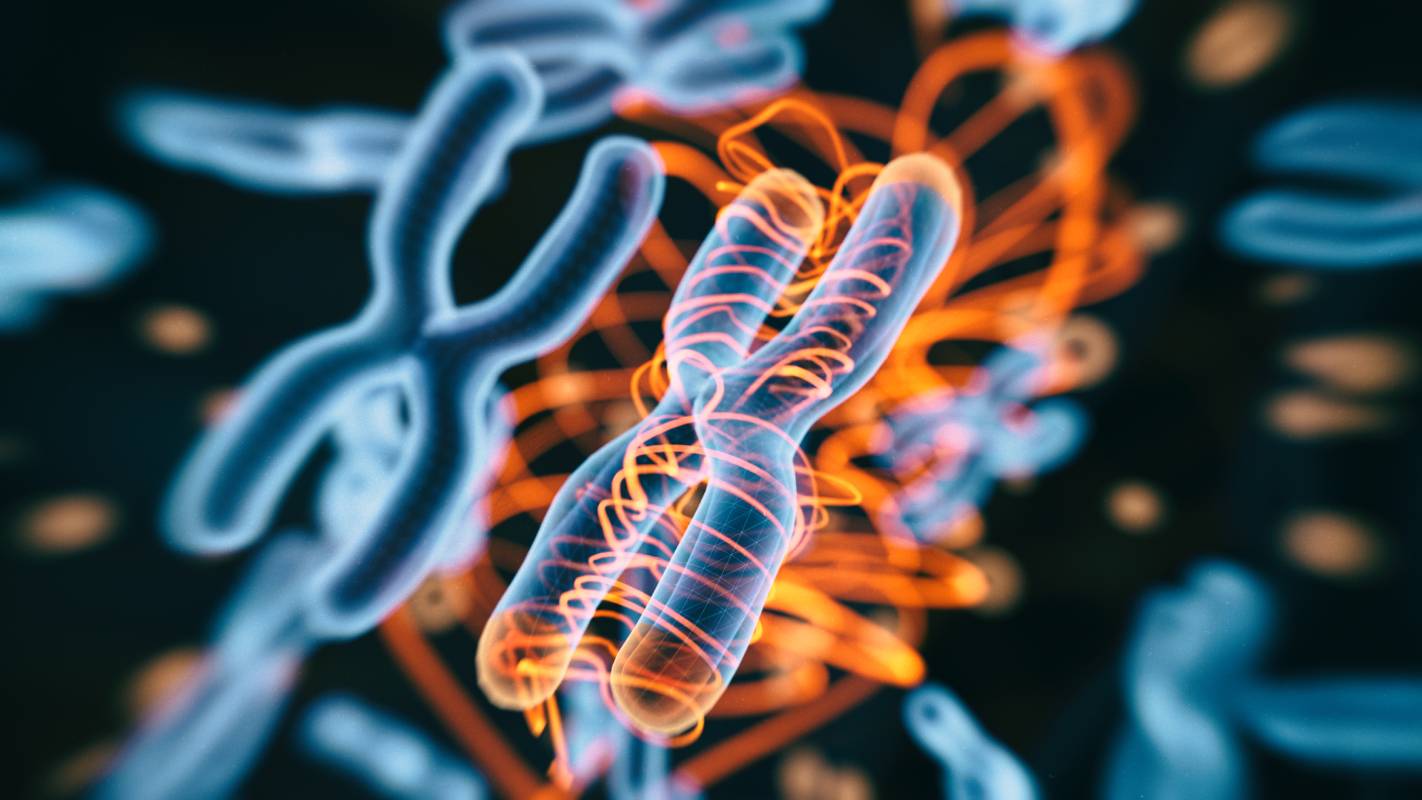
Rapid advances in genome editing technology following the development of CRISPR have led to almost miraculous progress toward the treatment of some diseases, such as sickle cell disease, beta thalassemia, and congenital blindness. These treatments induce somatic gene edits, meaning they are not passed on to offspring, and as such, there is widespread consensus that they should be administered to patients and researched further. Much more controversial is the use of germline editing, in which edits are made to an early-stage human embryo in vitro that is brought to term such that all the baby’s cells, and those of its future descendants, have the edited gene. The greatest concern surrounding this technology is that, once our understanding of the genetics of complex traits like intelligence and personality advance, prospective parents will be able to select which traits their child will inherit, resulting in the normalization of “designer babies.” Given the technology’s enormous potential toward both good and harm, ethical considerations for the young field of human genome editing are a major area of discussion.
While this reality is currently far beyond our technical capabilities, very real fears were realized in 2018 when Chinese scientist He Jiankui violated current regulations and ethics protocols by mutating a cell receptor for HIV from embryos in order to confer HIV resistance before implanting the embryos to be brought to term.1 In the aftermath of this bombshell announcement, discussions about the ethics of germline editing came to the fore of the scientific community. Many human genome editing researchers called on nations to enact a moratorium on germline editing until “broad societal consensus” on the ethical considerations of germline editing could be reached.2 Others have argued that, while caution must certainly be exercised, trials for germline editing should proceed, as it is unethical not to pursue treatments for genetic conditions that cause profound suffering when the technology exists.3
Much of the conversation on the ethics of germline editing centers on the circumstances in which it should or should not be employed. Many have embraced the argument that germline editing should only be used as a “treatment,” implying the existence of a disease or disability that the genome editing addresses, as opposed to as an “enhancement,” where there is no underlying medical need.4 Allowing germline editing in the latter case, according to many, would lead humanity down the slippery slope to eugenics. However, deciding what constitutes a disease or disability is not straightforward. Many forms of deafness, for example, are congenital, and are potential targets for germline editing. But plenty of deaf people lead long and fulfilling lives and feel they’ve gained from being deaf.5 Even sickle cell disease has advantages: carriers for the disease have increased resistance to malaria.6 Due to the complexity of these cases and others like them, there may not always be a consensus on whether it is ethical to edit the genes we perceive as causing disability out of the human genome.
Another ethical issue posed by human genome editing is that of inequality. When germline editing technologies eventually become mainstream, they will almost certainly be prohibitively expensive, at least at the outset. This may “exacerbate inequality and even permanently encode it into our species.”7
This scenario will not be a possibility for some time, due to our current technical capabilities and the strict regulations enacted by rich nations. All but 5 of 96 developed countries in one analysis prohibit germline editing for reproduction without exception,8 and the World Health Organization recently released a series of recommendations for nations to further ensure that gene editing technologies are not misused.9 Gene editing has the power to change the future of our species, and as our abilities to use it improve rapidly, it is critical that nations, institutions, and individual scientists give ethical considerations of genome editing the highest priority.
References
1 Cyranoski, D. “What CRISPR-Baby Prison Sentences Mean for Research.” Nature News, Nature Publishing Group, 3 Jan. 2020, www.nature.com/articles/d41586-020-00001-y.
2 Lander, E., et al. “Adopt a Moratorium on Heritable Genome Editing.” Nature News, Nature Publishing Group, 13 Mar. 2019, www.nature.com/articles/d41586-019-00726-5.
3 Ayanoglu, F. B. et al. “Bioethical Issues in Genome Editing by CRISPR-Cas9 Technology.” Turkish Journal of Biology, vol. 44, no. 2, 2020, pp. 110–120., doi:10.3906/biy-1912-52.

